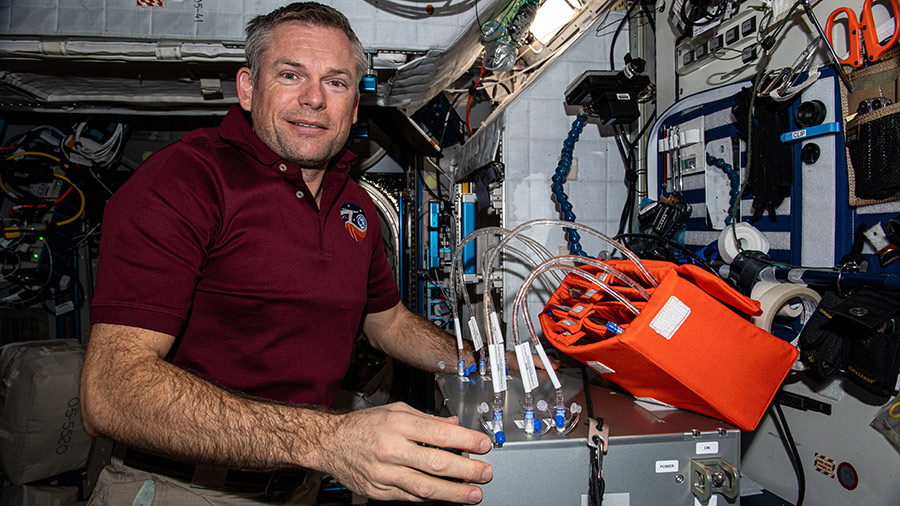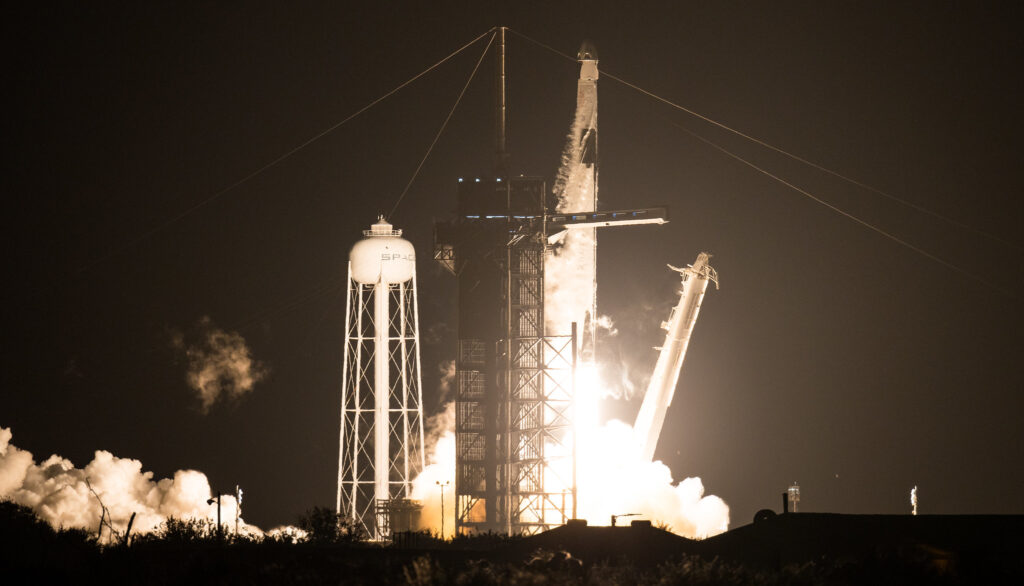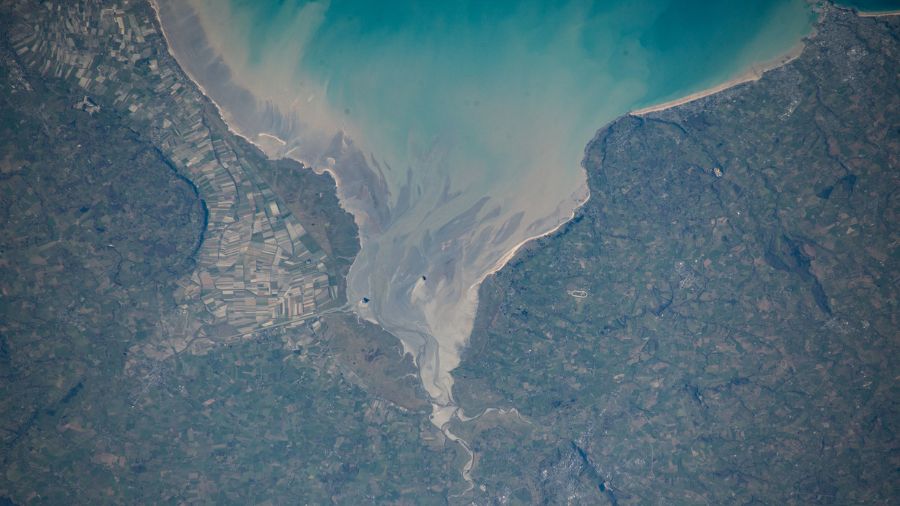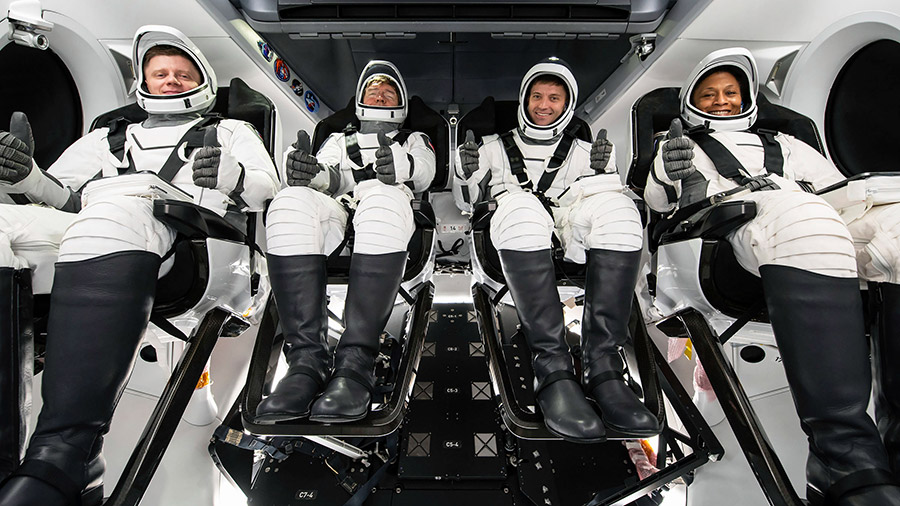
The Expedition 70 crew continues packing the SpaceX Dragon cargo spacecraft while also keeping up microgravity research for NASA and its partners to advance humanity on Earth and in space.
NASA and SpaceX are postponing the Friday, Dec. 15, undocking of a SpaceX Dragon cargo resupply spacecraft from the International Space Station due to unfavorable weather conditions as a result of a cold front passing through the splashdown zones off the coast of Florida.
Joint teams continue to evaluate weather conditions to determine the best opportunity for Dragon to autonomously undock from the space station with the next available opportunity no earlier than 5:05 p.m. EST Saturday, Dec. 16.
Weather permitting for the Saturday undocking, coverage of Dragon’s departure will begin at 4:45 p.m. on the NASA+ streaming service via the web or the NASA app. Coverage also will air live on NASA Television, YouTube, and on the agency’s website. Learn how to stream NASA TV through a variety of platforms including social media.
After re-entering Earth’s atmosphere, the spacecraft will splash down off the coast of Florida, which will not be broadcast on NASA TV. Follow updates on return plans on the agency’s space station blog.
Astronauts Jasmin Moghbeli of NASA and Satoshi Furukawa of JAXA (Japan Aerospace Exploration Agency) continued securing bags packed with return cargo and discarded items inside Dragon for the undocking and return to Earth’s gravity. Moghbeli also joined NASA astronaut Loral O’Hara and tended to biological samples on the station that will soon be stowed aboard Dragon.
Commander Andreas Mogensen of ESA (European Space Agency) turned his attention to the Northrop Grumman Cygnus spacecraft scheduled to depart later this month. Moghbeli joined Mogensen readying the private cargo craft for its robotic detachment from the Unity module and release back into Earth orbit for descent.
Meanwhile, a wide array of space science to improve life for astronauts in space and people on Earth is ongoing aboard the orbiting lab. The seven space station residents explored how weightlessness affects plant life, robotics, and more.
O’Hara worked in the Kibo laboratory module adding water to the Advanced Plant Habitat to prepare for an upcoming experiment observing how microgravity affects a plant’s immunity system. Furukawa configured a pair of toaster-sized, Astrobee robotic free-flyers and tested their ability to autonomously dock with each other.
Cosmonauts Oleg Kononenko and Nikolai Chub joined each other at the beginning of their shift and took turns pedaling on an exercise cycle. The Roscosmos flight engineers assisted each other attached electrodes to each other and collected blood pressure measurements during the periodic physical fitness evaluation. Flight Engineer Konstantin Borisov also participated in the exercise test at the end of his shift.
Kononenko later joined Borisov in the afternoon checking an incubator and a centrifuge holding egg samples for a space biology study. Chub wrapped up his day working on the Elektron oxygen generator and changing out smoke detectors.
Axiom Space has announced the launch date for its third private astronaut mission to the station for no earlier than Jan. 9, from Florida. Commander Michael Lopez-Alegria will lead Pilot Walter Villadei and Mission Specialists Alper Gezeravci and Marcus Wandt aboard the SpaceX Dragon spacecraft and stay aboard the orbital outpost for a two-week research mission.
Learn more about station activities by following the space station blog, @space_station and @ISS_Research on X, as well as the ISS Facebook and ISS Instagram accounts.
Get weekly video highlights at: https://roundupreads.jsc.nasa.gov/videoupdate/
Get the latest from NASA delivered every week. Subscribe here: www.nasa.gov/subscribe




